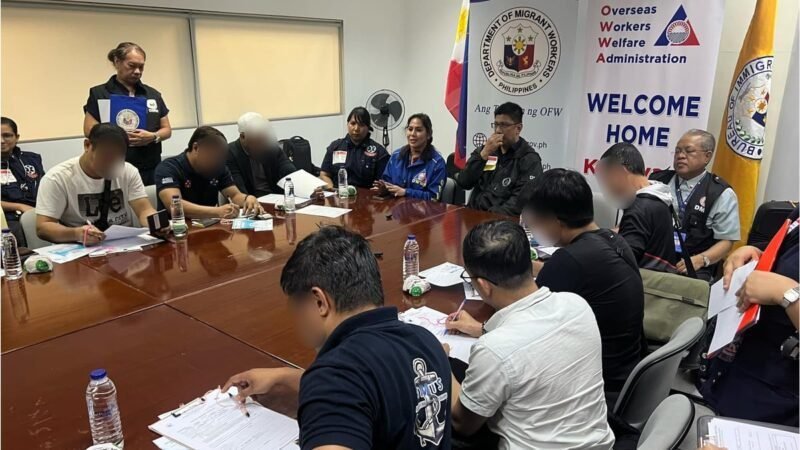Most Filipino seafarers are willing to brave the dangers of the Red Sea and Gulf of Aden in exchange for high salaries, as stated by the president of a group of manning agencies in the Philippines. These two shipping lanes are at risk of armed drone or missile attacks from Houthi rebels in Yemen, who are showing solidarity with Palestinian militants in Gaza. Despite the risks, seafarers choose to work in these areas to support their families, as hazard pay is offered for those who agree to transit through high-risk zones.
The Association of Licensed Manning Agencies (ALMA), with 80 members hiring over 170,000 Filipinos, is aware of the challenges faced by seafarers in these dangerous waters. While the Department of Migrant Workers (DMW) is considering a ban on Filipino seafarers transiting the Red Sea and Gulf of Aden, ALMA opposes this move due to concerns about job vacancies being filled by other nationalities, impacting Filipino seafarers’ job opportunities.
ALMA suggests exploring government-to-government talks to find alternative routes for vessels to avoid high-risk areas, rather than imposing a total ban on Filipino seafarers. The Dutch government’s decision to prohibit Dutch-flag merchant vessels from traveling through these dangerous waters serves as an example. Despite the risks and challenges faced by Filipino seafarers, many remain committed to their maritime careers, as exemplified by the crew of the attacked vessel M/V Tutor, who continue to persevere in their work at sea.







